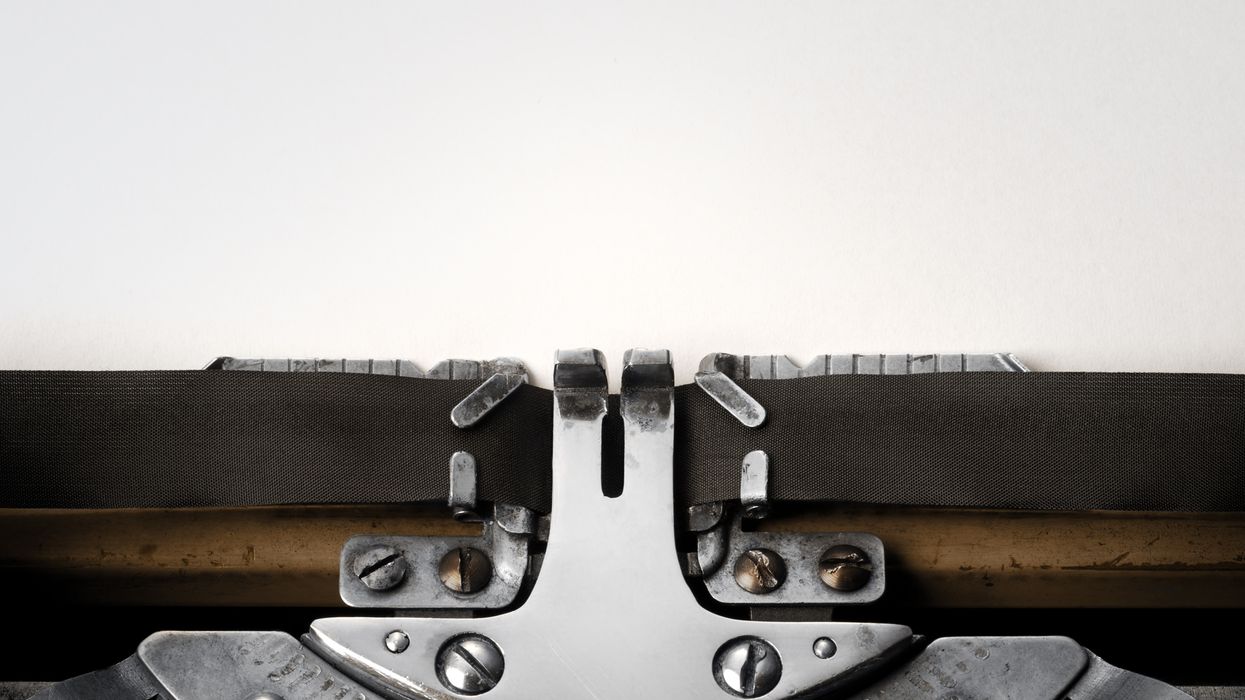Tips on Finding & Working with Your Screenwriting Soulmate
Screenwriting is a long, hard, lonely road, but how does the process change -- for better or worse -- when you work with a writing partner? Karen McCullah and Kirsten Smith (Legally Blonde, 10 Things I Hate About You) share what collaboration looks like during each stage of their writing process, as well as the creative benefits of legal pads and Margarita Fridays.

Collaborating on a screenplay used to seem like voluntarily jumping into the seventh circle of hell to me. I'd think, "I'm already experiencing the crushing creative pressure and otherworldly levels of frustration that come with writing in general, so why would I want to bring along a buddy to witness me being a hot mess?" However, once I worked on a script with someone that shared my love of whiskey and gallows humor, it became apparent that a good writing partner can truly help not only your project, but also you as a screenwriter.
But there usually has to be some structure. As McCullah and Smith point out in the video, they have rules and guidelines when working together to make the entire process run a little more smoothly, which would certainly benefit you as a writer, even if you write alone.
Don't wear pants.
Daily, I do this. Writing should be done when you're comfortable and able to process your thoughts. For some, that means writing at home away from the noise and crowdedness of a café. For others, that means brainstorming over a beer while lounging in a recliner you've had since your sophomore year of college. If you're collaborating, find a place where the both of you can let it all hang out.
Watch tons of movies, duh.
This is said over and over again not because screenwriters are running out of stuff to say, but because it's so damn important. Watch. Movies. Period. Watch ones from the genre you're working on. Watch ones with characters you think resemble yours. Watch ones with similar running times so you can take note of its structure and pacing.
Write by hand first, then transcribe.
I've fallen into the trap of writing and editing my screenplays simultaneously -- and on a writing program on my computer, so I can't even see the edits I've made! Switching to writing on legal pads has changed me as a writer. Truth. Writing by hand allows you to not only see all of your trains of thought (even the ones that lead to total failure), but it also keeps you from dealing with one giant Frankenstein draft that is the 1st, 2nd, 3rd, 4th, etc. all in one. It also helps, if you're writing with a partner, to avoid stepping over each other's ideas.
Choosing a writing partner is like choosing a spouse.
Though I still prefer to write alone, I still bring my drafts to one particularly awesome fellow screenwriter who puts them under her infallible scrutiny. She's honest. She gets my jokes. She knows my tastes. She's patient with my scatterbrained approach to brainstorming and knows the right answers to the questions, "What do I mean?" and "What am I trying to say?" She knows what I want to write before I ever write it, which is the equivalent of finishing each other's sentences. (Adorable, I know.) So, find someone who gets you, your humor, your sensibilities, and your personality -- and who's a funny drunk. (You should provide/be all of these things for your partner, too.)
Do you collaborate when writing screenplays? Share some helpful tips in the comments below.
Source: Academy Originals











